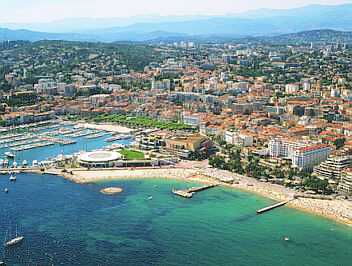|
Share
this Abstract with a Colleague
Background:
Most protease inhibitors (PIs) available for the treatment of HIV are large,
lipophilic, weak basic molecules, highly bound to plasma proteins. Although, PI
activity depends on unbound drug entering cells that harbour HIV, in practice
unbound drug concentrations are rarely studied. Our aim was to measure the
unbound plasma concentrations of lopinavir (LPV) by ultrafiltration (UF) and
equilibrium dialysis (ED). These unbound concentrations were then related to the
total concentrations in order to establish the % unbound in vivo during a full
dosage interval
Methods:
A
pharmacokinetic study was performed in HIV+ subjects (n=23; HIV-RNA<50 copies.mL-1;
median CD4 cell count=290 x 106 cells.L-1, range 101-890)
on LPV/ritonavir. Plasma samples were collected at 0, 2, 4, 8 and 12h post-dose.
UF was used to separate unbound LPV in all samples (n=115). ED was used to
confirm UF measurements in 10/23 patients at baseline and 2h after drug intake.
Total and unbound LPV concentrations were measured by HPLC-MS/MS. Drug
adsorption to the UF container and membranes was assessed using [14C]-LPV
by liquid scintillation counting. Statistical differences in the % unbound
obtained with the two different methods were analysed by the t-test.
Correlations between unbound and total concentrations of LPV were analysed using
linear regression and Pearson’s correlation.
Results:
The
median [range] LPV AUCtotal was 86,058 ng.h.mL-1
[42,741-144,792]. Based on a comparison of AUCunbound/AUCtotal,
the median [range] % unbound of LPV from all the samples studied (n=115) was
0.94% [0.38-1.22%] when measured by UF, which was less than by ED (1.30%
[0.85-2.03], n=20; baseline: p=0.045; 2h: p=0.017). The mean (±SD)
% unbound of LPV was significantly higher at 2h than at baseline with both
methods (UF: 1.05±0.32
vs
0.84±0.31,
p=0.009;
ED: 1.49±0.36
vs
1.15±0.47;
p=0.045).
|
